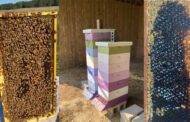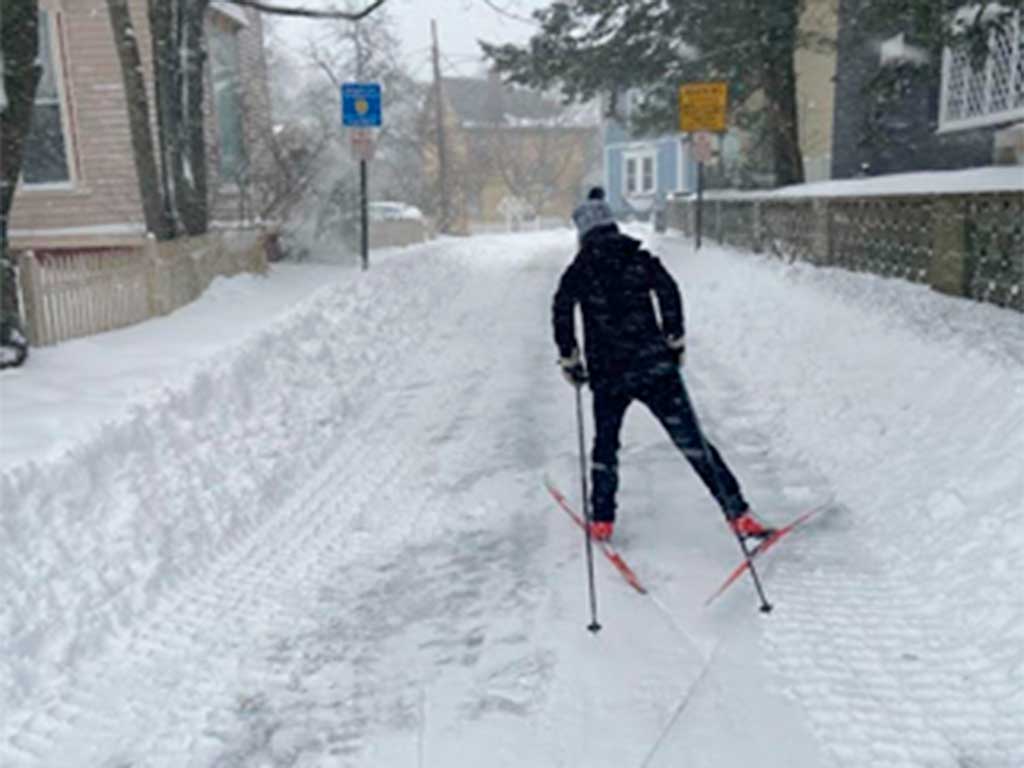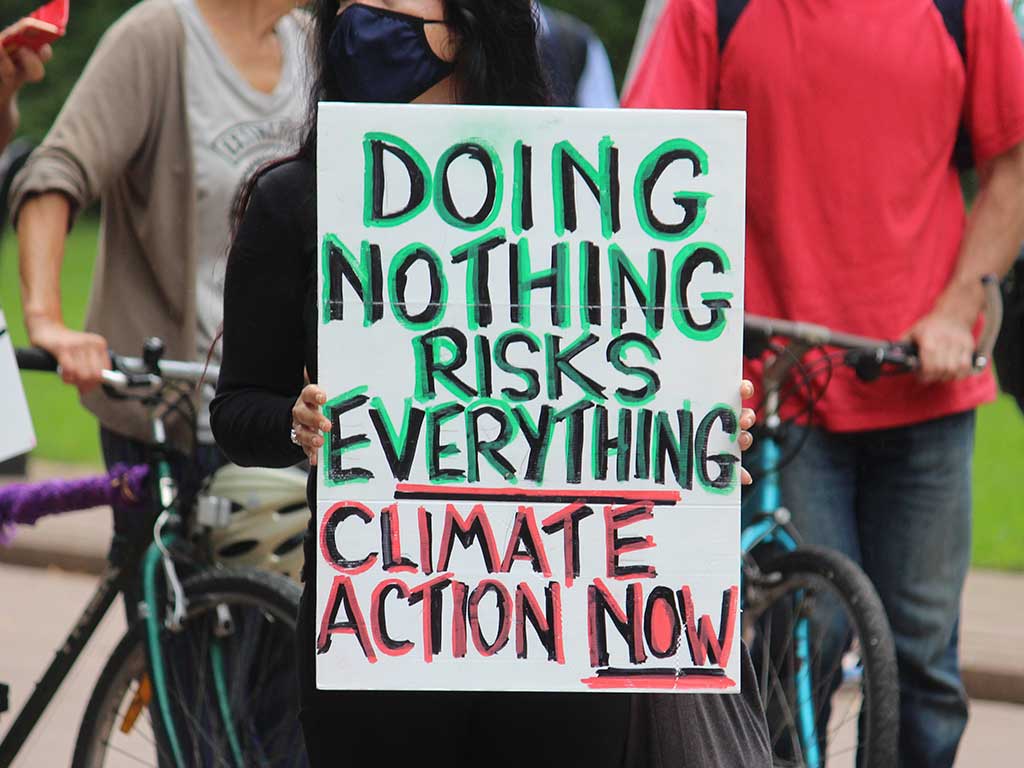Bright Ideas No. 41
PREPARING FOR WHAT’S TO COME
The increased frequency of major disasters encourages us to consider prudent precautions everyone should take.
Consider These…
Think about putting together a travel pack.
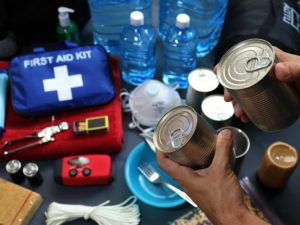
If there came a need to quickly evacuate, a travel pack with necessary clothing and other basics will facilitate a hasty departure. When preparing, include a few games (cards, etc.) to help pass the time.
Put some food away.
Set up a small locker where you can store non-perishables like pasta, rice, beans, and canned food. Have a reserve of drinking water and figure out how to boil water without using electricity.
Have some candles handy.
Battery-operated lanterns and flashlights are critical at times of electric grid failure.
Make sure you have a significant cash reserve.
Smaller bills are preferable to large ones in the event of a financial system meltdown.
Have a plan for loved ones in hospitals or nursing homes.
When disasters strike, health care services become even more crucial as injuries mount up. Coastal communities in particular are at high risk.
Join with others.
Community resilience is to the benefit of all, but during extreme heat events, focus falls on the most vulnerable groups. Make getting to know your neighbors a priority. We’ll need to depend on each other.
Start growing as much food as possible.
Use a garden, or some pots on the porch or in another sunny spot. Maybe even consider building a small window greenhouse.
Retrofit your home.
Even a house that seems to be falling apart may still be worth saving. The recent hurricanes highlight the need for a new generation of building codes and energy systems.
Turn off lights that are not in use.
Once you’ve done everything possible to reduce your own carbon footprint, advocate for bigger things like turning off lights in large buildings or on prominent landmarks.
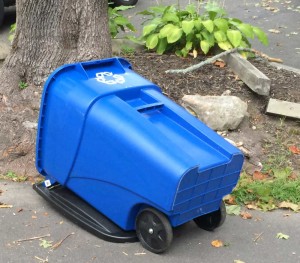
Reduce trash.
Improved public education and sensible measures for waste disposal are essential. More trash cans and rodent/seagull-proof containers could both help. Cleaning up our parks will set an example for others to follow.
Develop a hobby you can use to readily find relief from anxiety, environmental stress, or the overall state of affairs.
Writing, painting, gardening, yoga, or tai chi are all good ways to give your life new meaning. Play games.
Ask, “What do we owe to the future?“
Put yourself in others’ shoes and treat their interests as if they are your own. This is the Native American tradition of preparing for seven generations. It’s called “long-termism.”
Are we being extreme to bring up these matters? You decide.
Bright Ideas is brought to you by Portland Climate Action Team which, during the pandemic, meets online the fourth Thursday of the month, 6-7:30 p.m. All are welcome to join. FMI: portlandclimateaction@gmail.com.

